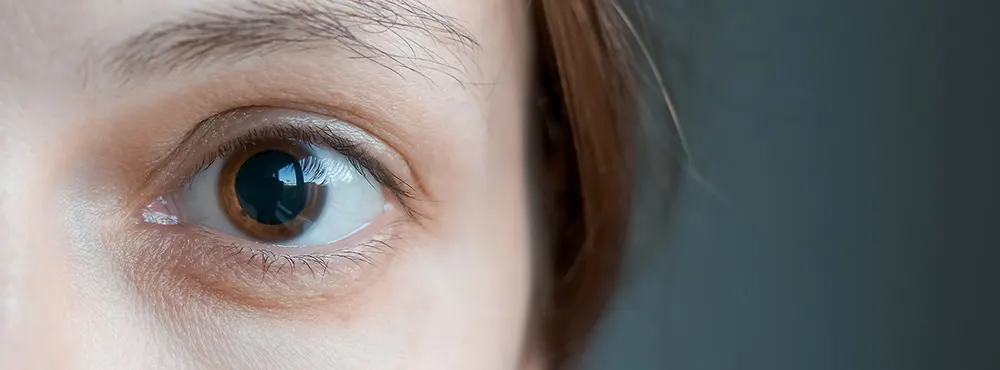Summary
A range of factors can cause eye dilation, including harmless factors such as sexual attraction and emotional states as well as more severe ones such as brain injuries requiring serious medical attention.
You can manage dilated pupils by avoiding situations where there is bright light and by wearing sunglasses outdoors.
You may wish to purchase glasses with photochromic lenses. These will automatically darken outdoors in daylight, providing you with greater comfort. Alternatively, polarised sunglasses can aid comfort and will reduce glare.
If you’re looking to enlarge your pupils and catch the eye of someone extra special this Valentine’s Day, consider wearing coloured lenses such as FreshLook Dimensions or FreshLook Illuminate contact lenses. Both these lenses by Alcon & Ciba Vision do wonders to enhance your pupils' size, providing you with a striking look.
Disclaimer: The advice in this article is for informational purposes only and does not replace medical care or an in-person check-up. Please check with an eyecare professional before purchasing any products or remedies. For information on our article review process, please refer to our Editorial Policy.

 Offers
Offers Account
Account
 Favorite
Favorite
 Basket
Basket

 OFFERS
OFFERS


















